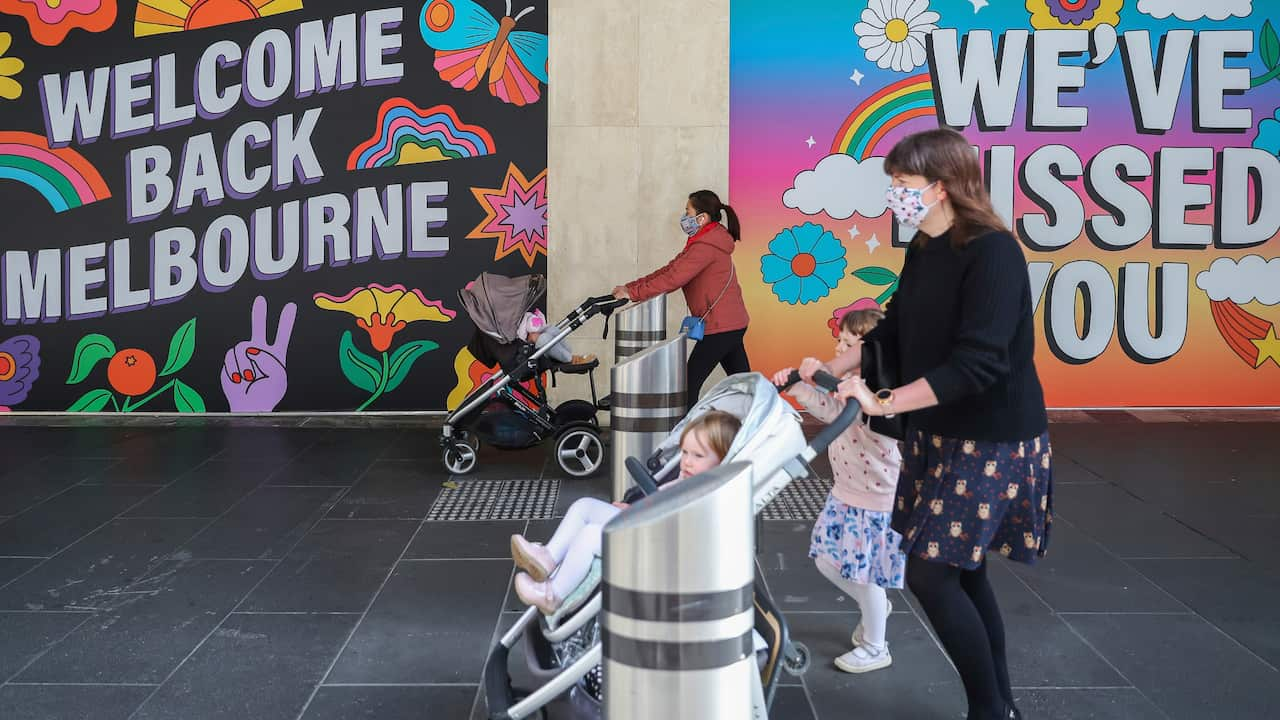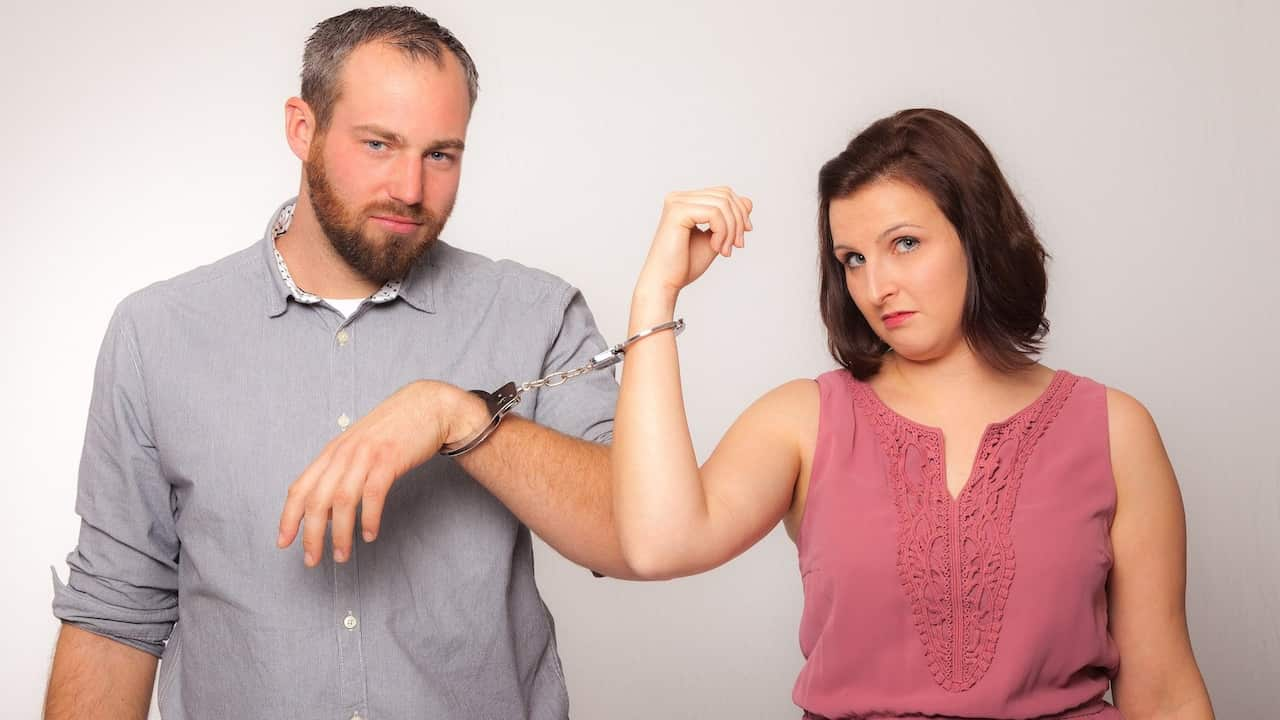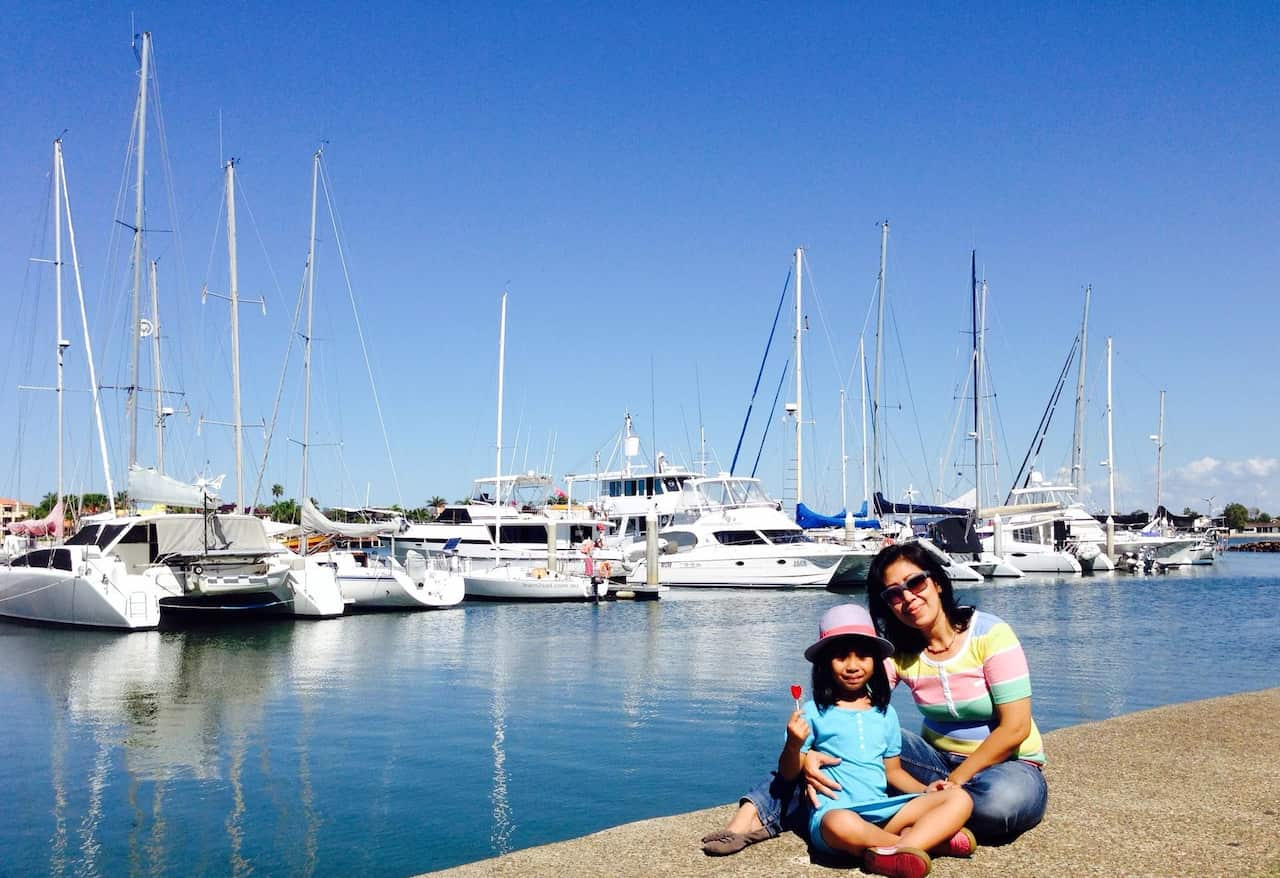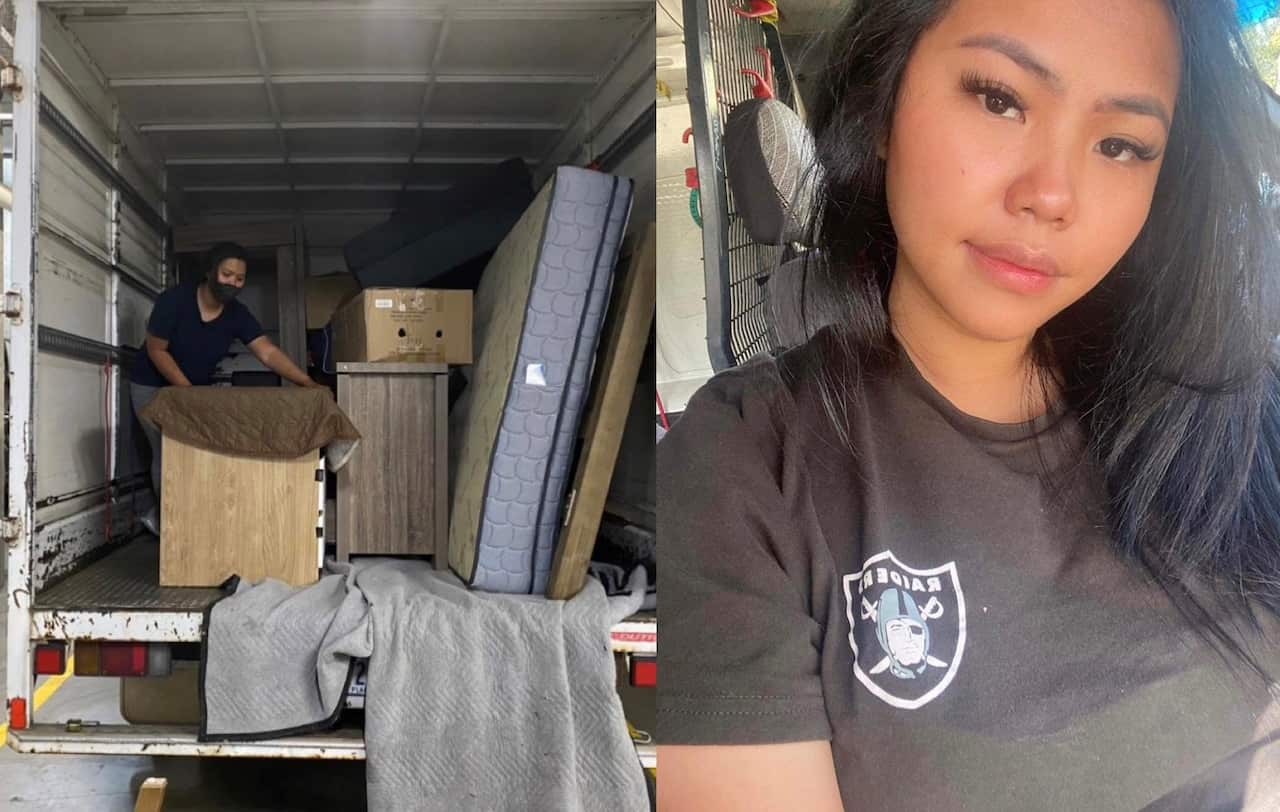The city of Melbourne at the end of May went into lockdown for the fourth time to contain the new wave of the coronavirus spead.
Having held the title as the most livable city in the world for several years, Melbourne lost its splendor as it experienced a nearly eight-month romp last year that was called the world's longest and heaviest.
In addition to economic losses, lockdowns trigger mental health problems in the community and crisis among families.
Many families choose to move from Melbourne to another state or regional area because they are fed-up with the lockdown that is taking away their freedom and livelihood.
Based on Australian Bureau of Statistics (ABS) data on domestic migration which compares the number of people entering and leaving an area, last year metropolitan Melbourne experienced a net loss of 26,000 people.
In the last quarter of 2020 Melbourne experienced a net loss of 8,500 people, compared to 7,400 people in the previous quarter.
The December 2020 record was the highest record since domestic migration was carried out since 2001.
This is outside of an already established pattern, given that in 2019 Melbourne had essentially zero net losses and in 2018 more people moved to Melbourne than left.

Intan, not her real name, is a woman from Indonesia who moved from Melbourne because last year's lockdown caused a crisis in her household.
The problem was triggered when all family members were forced to stay at home more and many trivial problems piled up.
"Because of COVID, my husband, who usually do a lot of work travels so he has to work at home, my workplace is closed and the children go to school from home," said Intan.
"There are many small problems, for example, because the children are bored playing football at home, the father is angry. But out of pity, my children defend them. So they fight, from every week to once every three days, then every day. There is no solution."
Almost divorced
Intan's eldest child called the police twice because she couldn't stand the bickering between her parents.
"My son is old enough so he knows the problem. He doesn't want to fight with his father, so he called the police," he said.
Not only because of her son's report, Intan has also experienced several police raids at her house because her husband often posts comments on Facebook pages against the lockdown and against the Victorian Prime Minister Daniel Andrews, who has held demonstrations in Melbourne several times.
"My husband is very anti-Daniel Andrews. Several times the police came to the house during demonstrations. So my husband couldn't go out. When the demonstration was over, they left," said Intan.
"My husband's father was in the hospital, and his mother was alone at home. We couldn't go there because of the lockdown. My husband was very angry. He also couldn't carry out his hobby in and out of the forest."
Intan, who was initially able to distract her from the stress of the lockdown, eventually developed depression triggered by her critically ill mother, but she couldn't go to Jakarta.
"From 17 years of marriage there has never been a fuss, I have even asked for a divorce. I went to a psychologist because I couldn't express my feelings. We also went to marriage counseling," he said.
"My husband doesn't want to separate. He wants to move to Queensland because he can still find a house with lots of land for gardening and work can be easier. He's gone to Queensland himself."

Intan said she and her husband had wanted to move to Queensland for a long time, but within the next 5-6 years.
"After we separated we made an agreement, maybe if we moved to Queensland we could be calmer. Because the situation was uncompromising, my children and I followed to Queensland," he said.
"Actually I like living in Melbourne, everything is there. Here, I want to shop at an Asian store, I have to drive 1.5 hours to Brisbane. But I defend moving, so that everyone is happy," continued Intan.
"I think instead of life being ruined because my husband is stressed, he'd better get a chance to share his hobby of gardening."
School cluster trauma
Widijana Wine is another Indonesian citizen who left Melbourne in early 2021.
"Actually we were already planning to move to Queensland next year, waiting for my son to finish grade 6. But because Melbourne is on lockdown too often, it has to be rushed," said Widijana, who works as a chef and educator at a childcare centre.
"We wanted to move from Melbourne because of the weather, my family and I are asthmatic. Melbourne is too cold for us. My child is frail, often gets sick when the weather is up and down."

Seven years prior living in Melbourne, Widijana and his family lived in the Sunshine Coast, Queensland, and the pandemic brought them back to this beautiful coastal city.
Widijana's husband speed-up his move from Melbourne due to the trauma of the COVID-19 outbreak at his son's school, Al-Taqwa College in Truganina last year.
Al-Taqwa is Victoria's largest coronavirus cluster with 113 positive cases among students and teachers.
That prompted the Victorian government to implement a sudden lockdown on several public housing towers in North Melbourne and Flemington where many of the residents' children attend Al-Taqwa school.
"Our house used to be a block behind Al-Taqwa, so it was scary. Going to work was scary, the streets were quiet." said Widijana.
"My husband wants to move immediately. It's okay for one of us to get a job first. Because our main concern is not work but the health of children and the Melbourne situation."
Working in a childcare center that has a nationwide network of branches, Widijana found a place in the same company at the Sunshine Coast. Her husband got a job as a chef at his old job before moving to Melbourne.
"The Sunshine Coast is very safe from COVID. If there are cases in Brisbane, here during the pandemic there are almost zero cases," said Widijana.
"Now it's hard to find houses here, to rent or buy because people from Melbourne and Sydney are moving a lot. Property prices are going up," he added.
"Many retirees have moved here. Even though it's small and not as metropolitan as Melbourne, the weather is warm here like in Indonesia."
Rising demand for moving services
The phenomenon of Melbourne residents moving to other states is felt by Monica Laurensia, a removalist ervice provider in Melbourne.
From communication with many clients, Monica learned that most of them had moved to other states because they were disappointed and angry at the lockdown situation in Melbourne.
"I have a client who owns a cafe and gym who sells all of his equipment. He tells the story in tears that he can't maintain his 15-year-old family business, and has decided to move to Queensland," said Monica.
"Another client who had a bedding business closed his business because his wife left him, and he was forced to sell all his assets. His two children moved with him to Queensland."
Since starting her removalist business in July 2020, Monica has served around 15 clients who have moved from Melbourne to other states, although there are no Indonesians yet.

Monica herself was a victim of the pandemic who was forced to close the kebab shop she started at the end of 2019, and it has only been three months since the pandemic started to have an impact.
"When the shop is empty, I just daydream or talk on the phone with friends. My mother encourages me, if we have faith, we can overcome all difficulties. But as humans, we are still stressed."
In that situation, he remembered that he had recently moved house using a transfer service, which during lockdown was an important service that could continue to operate.
"With only $10 thousand left in my savings, I bought a used van and worked on my own. Many were sexist, I was looked down upon, because I was a woman and forced a price cut," said Monica.
As her new business took off, Monica decided to sell her entire store, which had already cost her about $60,000 to just $20,000 to prevent further losses.
"At my lowest point, I cried every day. I just wanted to eat and remember the expenses. There was absolutely no income but the bills kept going," said Monica, who now owns a van and two trucks and five employees.
"When I hear stories of people moving out of Melbourne out of anger and disappointment, I can understand. I've been in their situation."
